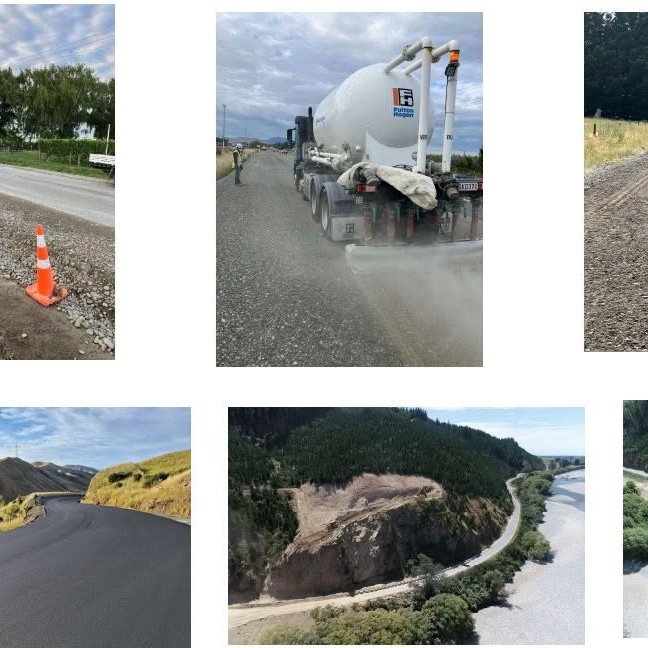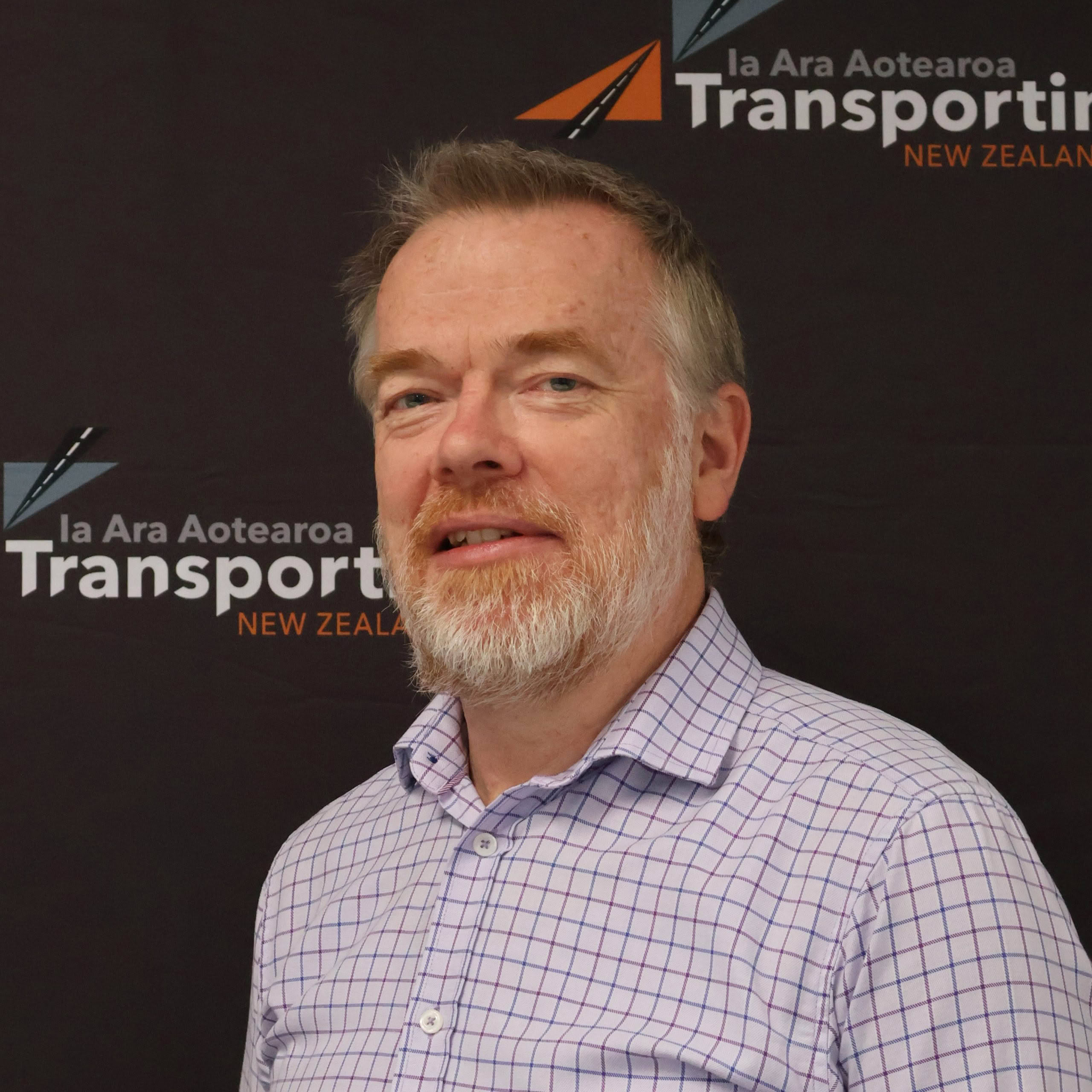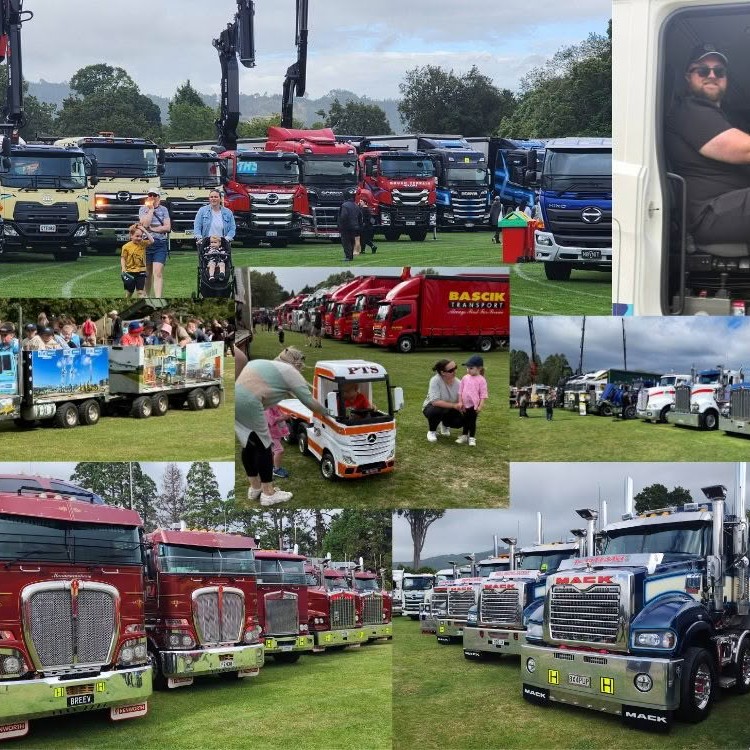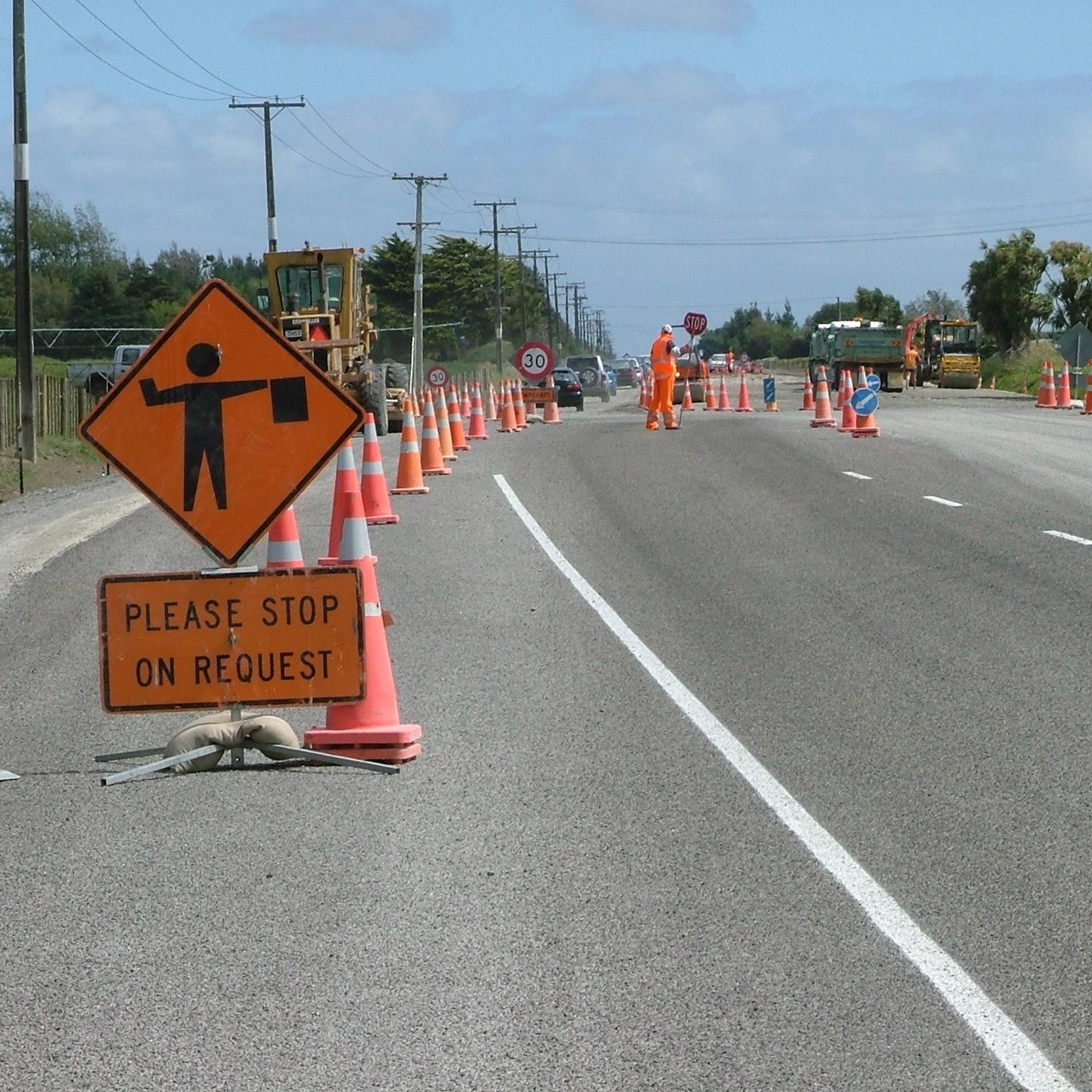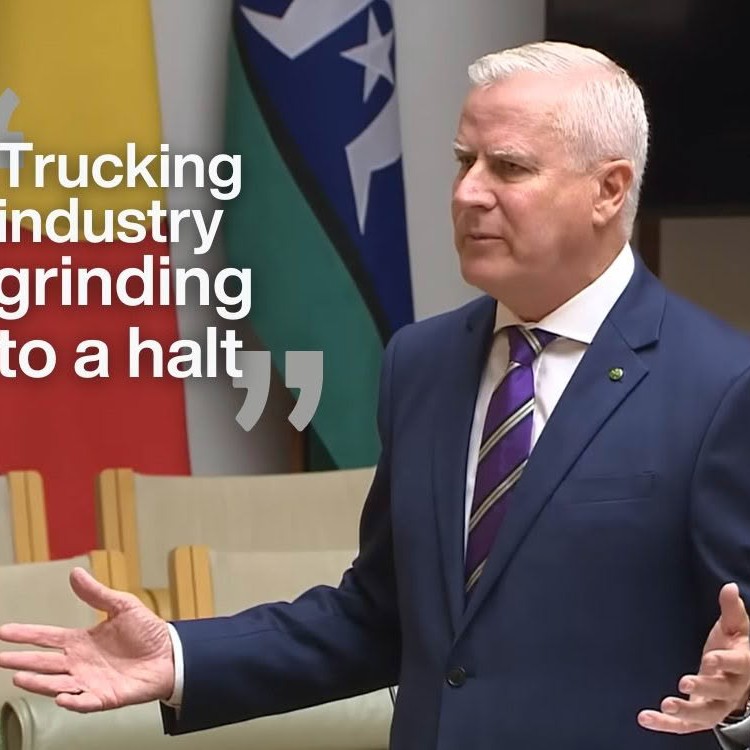
We welcomed last week’s announcement from Vocational Education Minister Penny Simmonds that MITO (the training organisation for commercial road transport and the motor industry) will emerge from the disestablishment of Te Pūkenga as an industry-owned, industry-lead organisation.
Our members need reliable vehicle fleets so we think this is good news. MITO has also played an important role with commercial road transport and the Road to Success qualification regimes, so guaranteeing its future is important. This outcome is something we and other organisations have pushed for over the last 12 months.
The group unanimously rejected the proposal for government leadership of work-based training because government is not close enough or agile enough to keep up with the technical developments and innovations our industries are seeing.
Industry is better placed to develop the frameworks that support learners and ensure they are equipped and ready for the industry.
There is still some way to go in terms of establishing the structures but this decision was a positive step.
Industry survey results out
The results of our 2025 Road Freight Survey were out this week. While there was a bit of gloom in the findings, it is an interesting snapshot of our sector and highlights the concerns we will be working on for the industry. You can read more about it here.
Congestion Pricing
We have made a submission to the Transport and Infrastructure Committee on the Land Transport Management (Time of Use Charging) Amendment Bill and look forward to speaking to it at the Select Committee.
Travel time unreliability is a major challenge for freight operators. Tellingly, inter-peak travel time predictability on priority freight routes has consistently sat below NZTA’s target of >93 per cent. It is predicted that next year Aucklanders on average will spend over 17 hours stuck in traffic each year.
Well-designed time-of-use (aka congestion) schemes could improve network efficiency. On the other hand, schemes that do not take supply chain considerations into account will see any productivity benefits offset by upward pressure on freight costs.
Freight demand is inelastic, meaning charging higher rates for heavy vehicles simply drives up the cost of time-of-use schemes to business and consumers.
We have made several recommendations, the key one being that the legislation should exempt freight vehicles and public transport vehicles from paying time-of-use charges.
Aratere retirement
KiwiRail’s decision to retire the Aratere this week will result in a four-year period where no Cook Strait ferries are rail-enabled and freight and passenger capacity will be reduced.
It is inevitable that this will undermine the resilience of the Cook Strait connection, particularly when the remaining ferries require routine or unscheduled maintenance.
It begs the question whether the additional costs associated with having rail-enabled ferries is necessary and whether there are alternative solutions that could bring greater confidence, certainty and resilience to the services.
We’ve raised our members’ concerns with Rail Minister Winston Peters and KiwiRail. In the meantime our members will be working hard to minimise the consequential impacts and risks.
Industry Rollover Prevention courses
The regional series of free-to-industry Truck Rollover Prevention courses that we have been jointly hosting with NZI in the Upper North Island ends tomorrow.
The feedback from the industry has been overwhelmingly positive, and it’s been good to see that despite these hard economic times operators are continuing to invest in supporting driver attendance.
